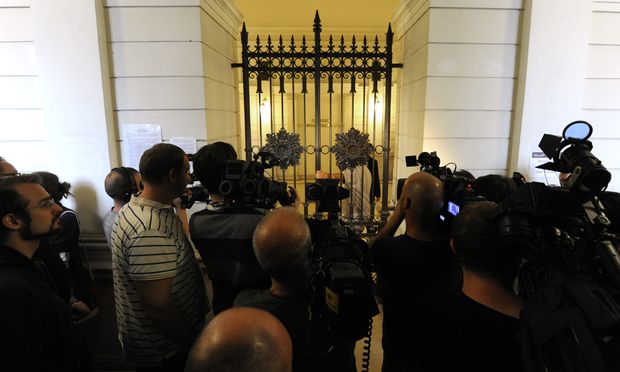International Criminal Law: CORE (Centre for the Observation of the Rome Statute in the European Union)
The Rome Statute of the International Criminal Court (ICC) was adopted in 1998. It’s aim is to make it possible for those responsible for the most serious human rights crimes (genocide, crimes against humanity, war crimes and crimes of aggression) to be prosecuted. However, the balance sheet after two decades is sobering: the national law enforcement agencies of the EU states — all signatories to the statute — are barely involved in persecuting the most serious human rights crimes, although they are obliged to do so and the ICC is not responsible for either Iraq or Syria.
Under the direction of Prof. Hannes Tretter, CORE has set itself the goal of harmonizing the implementation of the Rome Statute in the EU member states so that the most serious crimes against human rights can be more widely and effectively prosecuted before national courts. With a jurisprudential, especially comparative law analysis, CORE will develop policy recommendations to strengthen and facilitate prosecution and provide victims with information with the help of a website on how to file criminal charges, especially in EU countries. At the same time, the exchange of experience and networking between law enforcement agencies, legal organizations and NGOs should be promoted. Currently, CORE’s country-specific focus is on northern Iraq, where the most serious human rights crime has been committed by the terrorist organization Islamic State.
The Team Core has written a contribution in the newspaper “Die Presse” with the topic “International Criminal Law: No road leads to Rome”. The entire article (in German) is available in the appendix.
In the commentary of 7 March 2019 in “Der Standard”, Hannes Tretter and Andreas Sauermoser deal with the question of what should happen to IS returnees who are nationals of EU states. Preference will be given to a “mixed model”. Serious human rights crimes should be prosecuted before the International Criminal Court in The Hague, and less serious crimes (especially membership of a terrorist group) before national courts. The article can be read here (German).
